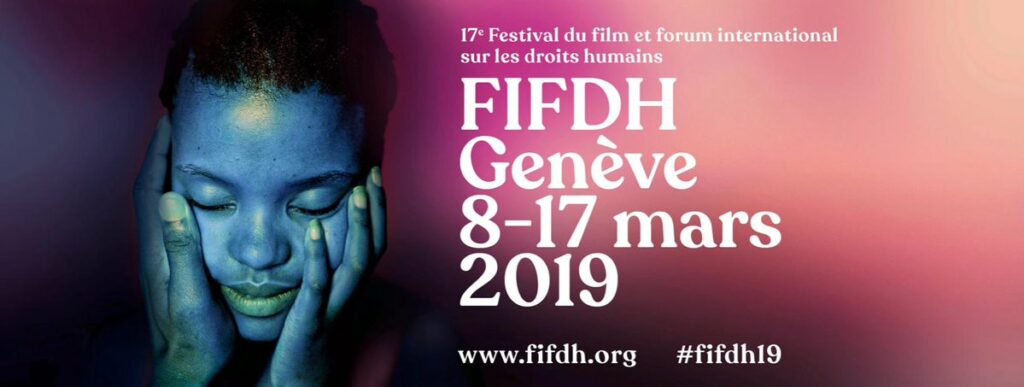
“An iconic event held in parallel to the main session of the UN Human Rights Council, the Festival offers a selection of films and debates, readings, conferences, photography, a hackathon, illustrations and theatre, as well as activities for our younger audiences, in 62 locations in Greater Geneva and French-speaking Switzerland.”
- Festival website https://fifdh.org/en
There are some films in the programme explicitly featuring health issues, but if we look at the Festival and Forum through a health and human rights lens, considering that health and human rights act in synergy and that promoting and protecting health requires explicit and concrete efforts to promote and protect human rights and dignity, you might agree that ALL Festival and Forum contributions deal with the right to health.
- Films classified as related to “health”: see the selection (done by the organizers) below
Film: Survivors
by Arthur Pratt & Anna Fitch & Banker White & Lansana (Barmmy Boy) Mansaray
Saturday 9 March, and Friday 15 March
Film: trustWHO
by Lilian Franck
Tuesday 12 March
The World Health Organization (WHO) is the independent international body responsible for public health. International, certainly… but independent? This in-depth investigation raises key questions about the ambiguous role played by the pharmaceutical lobby and takes a look, in times of multilateralism, at the insidious influence of States and private donors within international organizations in Geneva.
Forum: Humans of The Future: Too Perfect?
Wednesday 13 March
The growth of scientific innovations makes genome and human race modifications increasingly conceivable, disrupting ethical, political and scientific debates. On the one hand, what if we created humans capable of resisting certain diseases for military purposes? Genetic modification of humans could become a new “space race”, pushing states to compete for the control of technologies. On the other hand, the fascination with technological transhumanism (hybridization of the human with computers) and eugenics (myth of perfection and health) is reawakened: but isn’t a human being by definition imperfect? How can we understand this desire to escape from the human condition?
Forum: Ebola Outbreaks – The Viruses of Global Health Governance
Friday 15 March
The epidemic potential of diseases such as Ebola has revealed not only the weaknesses of national health systems, but also the gaps in the World Health Organization, fragmented and dominated by Western countries’ internal security priorities rather than by a comprehensive approach to public health management. Finally, conflict and political instability prevent the establishment of credible national public health surveillance networks and the ability to control global epidemic threats. Faced with these constraints, how can we create a fair and equal global health policy? Survivors offers an immersion experience at the heart of the Ebola epidemic in Sierra Leone in 2014, revealing the complexity of a deeply political and social outbreak.
Film: XIMEI
By Andy Cohen & Gaylen Ross
Saturday 16 March
